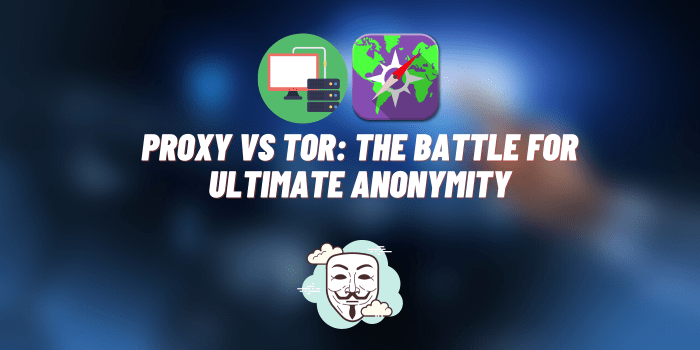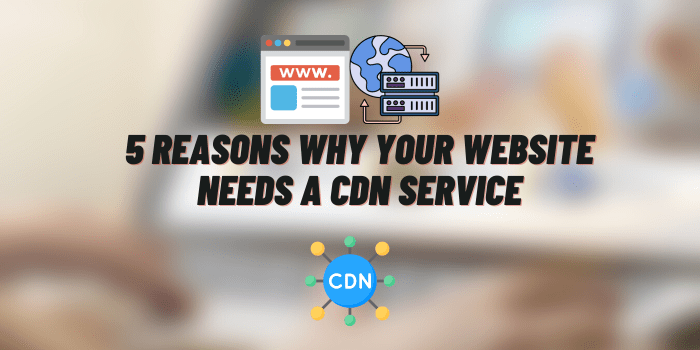How Much Does a Dedicated Server Cost?
A dedicated server is a type of remote server that is entirely dedicated to an individual, organization, or application. Unlike shared hosting, where resources are distributed among multiple users, a dedicated server provides the client with exclusive access to the server’s resources.
Dedicated servers are crucial for businesses that need high performance, reliability, and control over their IT environment. They offer improved security, scalability, and customization, allowing businesses to efficiently handle high traffic levels, process large amounts of data, and run complex applications.
The cost of a dedicated server can vary greatly, depending on various factors such as hardware specifications, software requirements, level of management, and additional services. It’s important to consider both the initial and ongoing costs of running and maintaining the server.
How Much Does a Dedicated Server Cost: Understanding Pricing
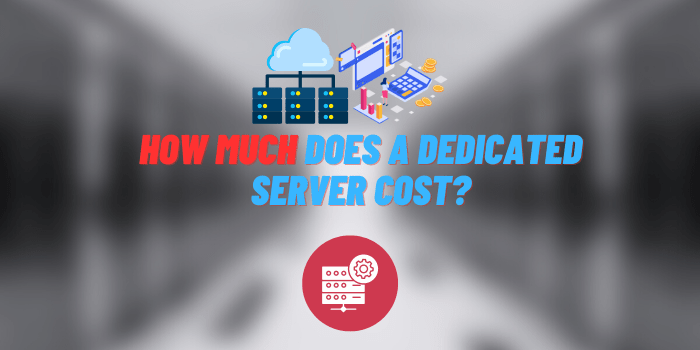
Numerous elements influence the cost of a dedicated server, and we will explore these in-depth in the following discussion. This will equip you with a comprehensive understanding, enabling you to lease a dedicated server at the most advantageous price.
1. Hardware specifications
- Processor type: The type and speed of the processor can significantly affect the cost. High-performance servers with multiple processors are more expensive.
- RAM: More RAM allows for better multitasking and faster data access, hence, servers with more RAM cost more.
- Storage type and capacity: SSD storage is faster than traditional HDD storage but comes at a higher cost.
- Bandwidth: Higher bandwidth translates into faster data transfer speeds and can increase the server cost.
2. Software requirements
- Operating system: While some OS like Linux are free, others like Windows require a license, which adds to the cost.
- Control panel: Management interfaces like cPanel or Plesk are often billed separately.
- Additional software and licenses: Any specific applications or databases will add to the overall cost.
3. Level of management and support
- Unmanaged servers: The client is responsible for all server management, which can be cheaper but requires technical skills.
- Managed servers: The hosting provider takes care of the server management, but at a higher cost.
- Fully managed servers: This includes complete server administration, maintenance, and support, and thus is the most expensive option.
4. Data center quality and location Servers hosted in modern, high-tier data centers are more expensive. Also, server location can affect the cost due to differences in energy prices and local regulations.
5. Extra services
- Backup and recovery solutions, advanced security features, DDoS protection, and CDN services can all add to the total cost of ownership.
The upkeep of a dedicated server encompasses expenses associated with routine updates, problem-solving and technical assistance, hardware substitution and improvements, as well as energy usage and cooling expenditures. It’s crucial to incorporate these ongoing expenses when calculating the comprehensive cost of owning a dedicated server.
Dedicated Server Cost Comparison
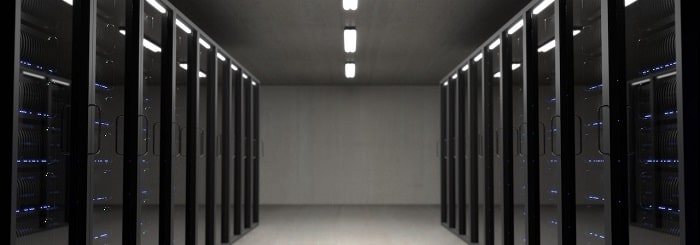
Shared hosting is more budget-friendly but provides lesser control and performance compared to a dedicated server. It is an excellent fit for smaller websites and blogs, while dedicated hosting is more suitable for larger websites with high traffic levels.
VPS hosting serves as a compromise between shared and dedicated hosting. It delivers greater resources and control than shared hosting, though not as much as dedicated hosting. Typically, it’s less costly than a dedicated server but pricier than shared hosting.
Cloud hosting brings to the table a level of scalability and adaptability that dedicated servers struggle to match, albeit usually at a steeper overall price. In contrast, dedicated servers deliver superior performance and control, making them ideal for constant, high-demand workloads.
How to Choose a Cost-effective Dedicated Server
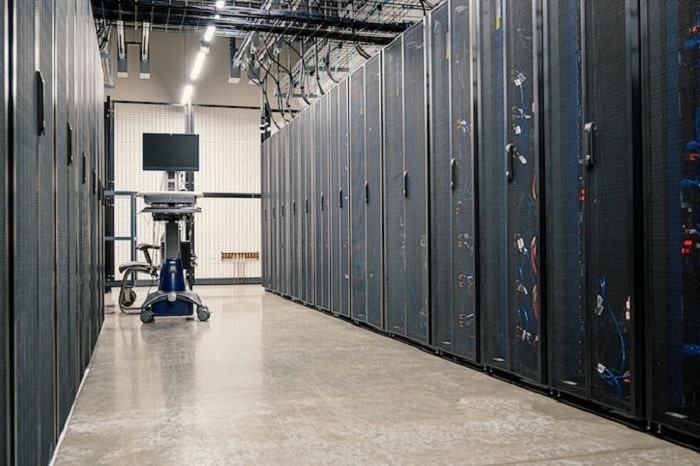
The first step to choosing a cost-effective dedicated server is a clear understanding of your business needs and budget. Assess the resource needs of your website or application. This includes processing power, storage capacity, memory, and bandwidth. Depending on the size and complexity of your operation, your needs may vary significantly. Align these needs with your budget to have a realistic understanding of what you can afford.
For instance, Deltahost offers a cheap and fast dedicated server in US, particularly if you’re clear on the technical specifications you require. However, even if you’re navigating this terrain for the first time, their support team is available to guide you in making an appropriate selection.
Consideration of Scalability
Another critical factor to consider is scalability. As your business grows, your IT needs will grow too. The dedicated server you choose should be able to accommodate this growth. That said, avoid overpaying upfront for resources you might need in the future, but don’t currently require. Many service providers offer flexible packages that allow you to scale up (or down) as your needs change.
Importance of Reliable Customer Support
Reliable customer support can save you considerable time, effort, and even money in the long run. Problems and downtime are almost inevitable. Having a responsive support team that can help you troubleshoot and resolve issues quickly is invaluable. Look for a provider that offers 24/7 support, and check reviews and testimonials to ensure they live up to this promise.
Consideration of Security Features
With the ever-increasing cyber threats, it’s crucial to invest in a dedicated server with robust security features. These might include firewalls, intrusion detection systems, and regular security audits. Remember, a single security incident can result in significant financial loss and damage to your reputation. Therefore, the cost of investing in a secure server will likely outweigh the potential cost of a security breach.
Importance of a Good Reputation and Reviews
Finally, check the reputation and reviews of the service provider. A provider could promise the moon, but if they don’t deliver, it’s your business that will suffer. Look for online reviews and ask for recommendations. Check out how long they’ve been in business and what their customers have to say about their service. A good reputation is often a reliable indicator of the quality of service you can expect.
Case Study: Cost Effectiveness of a Dedicated Server

Before using a dedicated server, a medium-sized e-commerce company was struggling with slow website load times and frequent downtime during peak traffic. After a careful cost-benefit analysis, the company invested in a dedicated server, optimized for their specific workload.
With the new server, the website’s performance improved significantly, providing a better customer experience, reducing cart abandonment, and increasing sales. While the upfront cost was significant, the increased revenue and improved customer satisfaction resulted in a positive return on investment within a year.
Endnotes
In summary, the cost of a dedicated server is determined by several factors including hardware specifications, software requirements, management level, and additional services.
While dedicated servers come at a higher cost, the benefits of improved performance, security, and control can lead to significant business advantages and cost savings in the long run.
To ensure you get the most value for your investment, it’s recommended to consult with various service providers, discuss your specific needs, and get personalized quotations.

